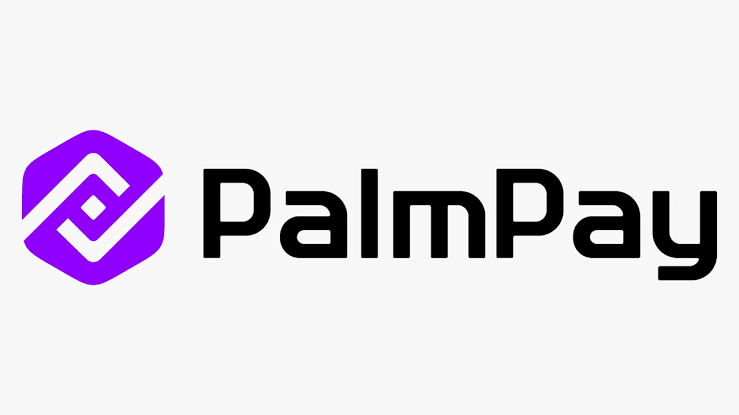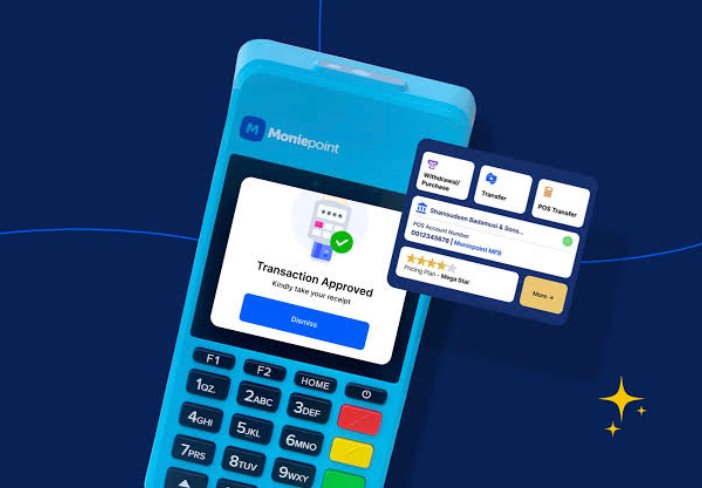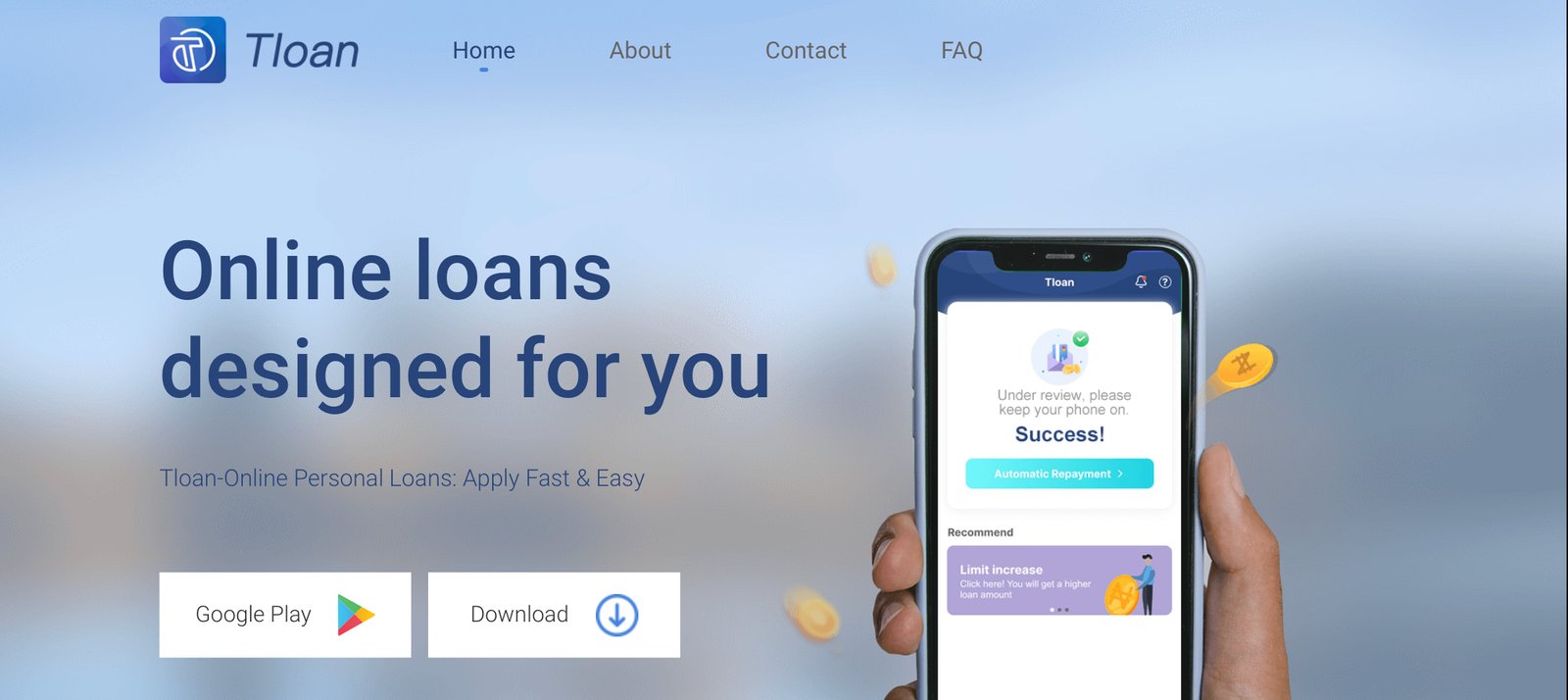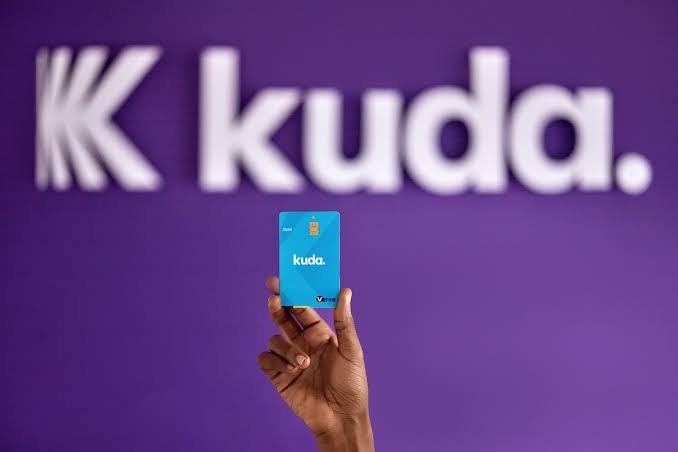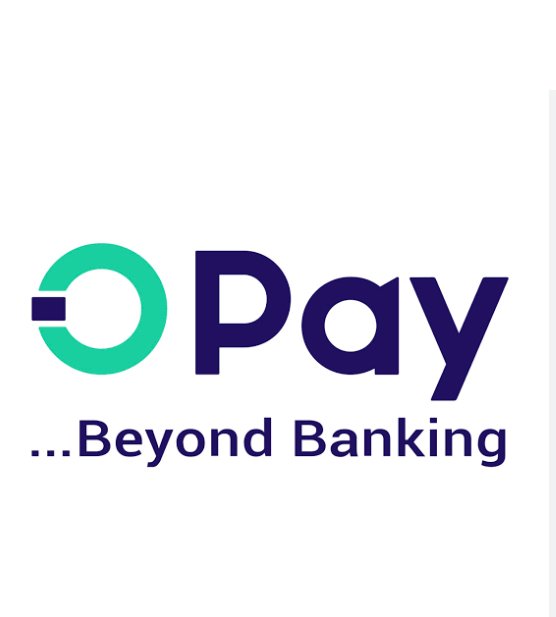Do you want to invest in cash crop? Have you chosen palm oil and ready to dedicate your time, and money to it?
This blog post is for you. In this blog post, I will show you how to start a palm oil business in Nigeria with minimal capital.
Palm oil is a versatile vegetable oil derived from the fruits of the oil palm tree, and it is one of the most widely consumed edible oils in the world.
Nigeria is one of the largest producers of palm oil in Africa, and there is a growing demand for palm oil products both domestically and internationally.
Starting a palm oil business in Nigeria can be a lucrative venture, but it requires careful planning, execution, and management.
Let’s get started
The palm oil industry in Nigeria plays a significant role in the country’s economy, contributing to employment generation, poverty reduction, and foreign exchange earnings.
Nigeria is estimated to have over 3.5 million hectares of land planted with oil palm trees, and the industry employs over 1.5 million people directly and indirectly.
The country produces around 4.5 million tons of palm oil annually, making it the fourth-largest producer of palm oil in the world.
Nigeria is one of the world’s leading producers of palm oil, with an annual production of over 4 million metric tons. The industry employs millions of people directly and indirectly, and it contributes significantly to the country’s export earnings.
The Nigerian government has implemented various policies and initiatives to support the growth of the palm oil industry, such as the National Oil Palm Development Program (NOPD) and the National Palm Oil Development Fund (NPODF).
Benefits of Starting a Palm Oil Business in Nigeria
There are several compelling reasons why starting a palm oil business in Nigeria can be a profitable and rewarding endeavor, they include;
- High Demand: Palm oil is a versatile ingredient used in a wide range of products, including cooking oil, margarine, soap, cosmetics, and biodiesel. The demand for palm oil is expected to continue to grow globally, driven by population growth, rising disposable incomes, and increasing urbanization.
- Favorable Government Policies: The Nigerian government has implemented various policies to support the growth of the palm oil industry, including providing subsidies for land acquisition, planting materials, and processing equipment. The government also encourages investment in palm oil refineries and infrastructure projects.
- Abundant Land and Labor: Nigeria has vast areas of land suitable for oil palm cultivation, and there is a plentiful supply of labor available in rural areas. This makes it relatively easy to acquire land and labor resources for palm oil production.
- Export Potential: Nigeria has a strategic location with access to major international markets, making it an ideal base for exporting palm oil products. The country’s proximity to Europe, Asia, and the Middle East, which are major palm oil consumers, presents significant export opportunities.
How far is the Palm Oil Industry growing in Nigeria
The Nigerian palm oil industry has experienced significant growth in recent years. The country’s palm oil production increased from 1.3 million tons in 2010 to 3.8 million tons in 2020.
Steps to Start a Palm Oil Business in Nigeria
Launching a successful palm oil business in Nigeria requires a well-structured approach and a thorough understanding of the industry. Here’s a step-by-step guide to help you navigate the process:
Develop a Business Plan
A detailed business plan is crucial for any new venture, and it is particularly important for a palm oil business.
Your business plan should outline your business objectives, strategies, financial projections, and risk management plan. It should also include market research, competitor analysis, and a clear understanding of the regulatory landscape.
Secure Land and Acquire Necessary Equipment:
Land is the primary asset for a palm oil business, and you will need to secure suitable land for oil palm cultivation. Consider factors such as soil quality, climate, accessibility, and proximity to processing facilities when selecting land. Additionally, invest in essential equipment for land preparation, planting, harvesting, and processing of palm fruits.
Palm trees typically take around 5-7 years to mature and start producing fruits.
Cultivate Palm Trees and Manage Plantation
Planting and managing an oil palm plantation requires expertise and patience. Oil palm trees take several years to mature and produce fruits. It is essential to follow proper agricultural practices, including fertilization, pest control, and irrigation, to ensure optimal yields.
Harvest and Process Palm Fruits to Extract Palm Oil
Harvesting palm fruits requires specialized tools and techniques to minimize damage to the trees and ensure quality. Once harvested, the fruits need to be processed promptly to extract palm oil. This involves several stages, including sterilization, digestion, clarification, and fractionation.
Machines involved in the processing and Extraction of Palm oil
Bunch Reception Station
The bunch reception station is where the fresh fruit bunches (FFBs) are first brought to the mill. The FFBs are weighed and inspected for quality.
Threshing Machine
The threshing machine separates the individual fruits (drupes) from the bunches. The drupes are then transported to the sterilizer.
Sterilizer
The sterilizer kills enzymes that can break down the oil and also loosens the pericarp, the fleshy part of the fruit. The drupes are sterilized using steam or hot water.
Digester
The digester cooks the drupes to further soften the pericarp and release the oil-bearing mesocarp. The digester also helps to separate the mesocarp from the nut.
Fiber Separator
The fiber separator separates the mesocarp from the fibers and nuts. The mesocarp is then sent to the press, while the fibers and nuts are discarded.
Press
The press extracts the oil from the mesocarp. The press can be hydraulic or mechanical.
Clarification Tank
The clarification tank separates the oil from impurities such as water and sediment. The oil is then pumped to the storage tanks.
Storage Tanks
The storage tanks hold the crude palm oil (CPO) until it is ready to be refined.
The CPO is refined to remove impurities and make it suitable for human consumption. The refining process can include bleaching, deodorizing, and fractionation.
Challenges and Risks of Starting a Palm Oil Business in Nigeria
Despite the promising prospects of the palm oil industry, there are certain challenges and risks that potential entrepreneurs should be aware of:
- Market Fluctuations: The palm oil market is subject to price volatility due to global demand, supply dynamics, and economic factors. Entrepreneurs should be prepared to adapt their business strategies to navigate market fluctuations.
- Labor Availability and Cost: Access to skilled labor can be a challenge in rural areas, particularly during peak harvesting seasons. This can lead to labor shortages and higher labor costs, which can impact production efficiency and profitability.
- Pest and Disease Control: Oil palm trees are susceptible to various pests and diseases that can cause significant damage to the crop and reduce yields. Effective pest and disease management practices are essential to maintain
- Inadequate Infrastructure: Some rural areas in Nigeria may lack adequate infrastructure, such as transportation networks, power supply, and storage facilities. This can hinder the efficient transportation, processing, and storage of palm oil products.
Conclusion
Thanks for reading to the end. With the guide I have provided, you can start your own palm oil production today.
By understanding the market dynamics, implementing effective strategies, and managing risks, entrepreneurs can establish successful palm oil businesses that contribute to the country’s agricultural sector and overall economic prosperity.
FAQs
What are the financial requirements for starting a palm oil business in Nigeria?
On a general estimate, a small-scale palm oil business may require an initial investment of around ₦10 million to ₦20 million, while a larger-scale operation could require an investment of over ₦100 million
What government licenses and permits are required for a palm oil business in Nigeria?
To operate a palm oil business legally in Nigeria, you will need to obtain the following licenses and permits:
- Business registration certificate from the Corporate Affairs Commission (CAC)
- Environmental permit from the Federal Ministry of Environment
- Processing and export license from the Nigerian Export Promotion Council (NEPC)
- Phytosanitary certificate from the Department of Plant Health, Federal Ministry of Agriculture and Rural Development
How much is a bottle of palm oil in Nigeria?
The price for Plam oil in Nigeria now is typically between ₦1,200 and ₦1,500 per 1 liter bottle.

